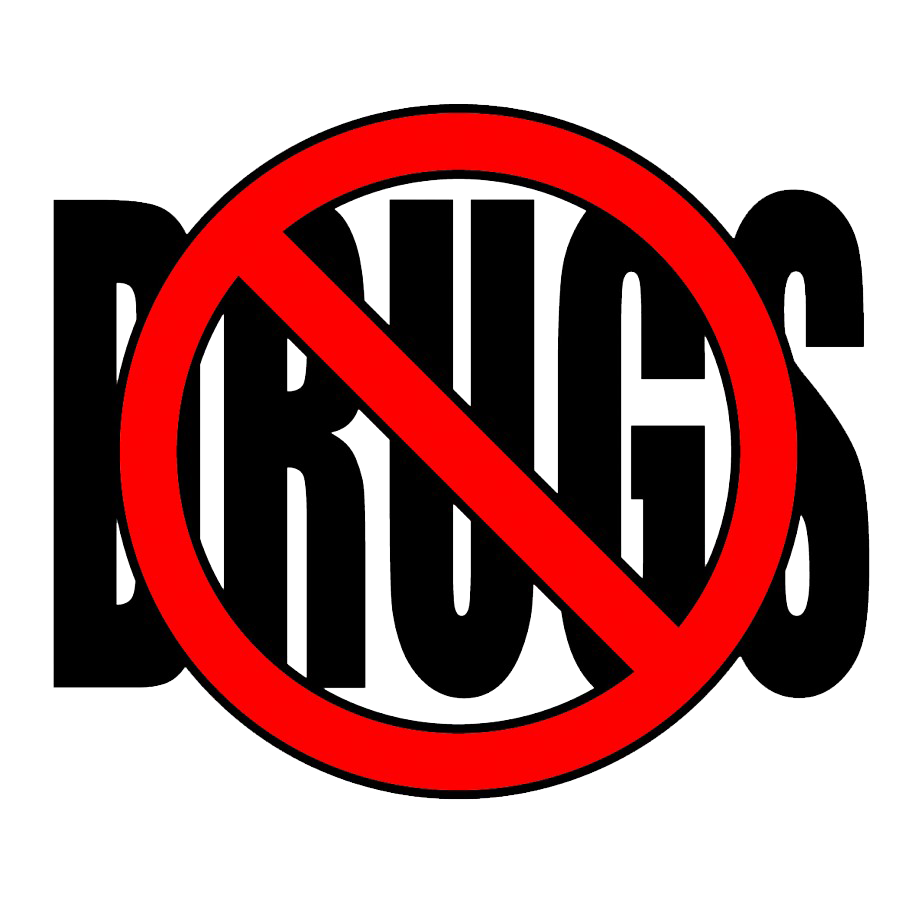
Infancy is not a viable identity for newly out queers
By Alexis Zygan, Contributor
Given that I believe patriarchal, heteronormative society defines heterosexuality as the default, a female-identifying individual may not question their romantic preference until partnered with the opposite gender. This unconscious awareness can prompt them to seek answers through an “Am I Gay or Straight?” Buzzfeed quiz—maybe they are bisexual. Keep in mind; sexuality is fluid, not fixed. After the person confides to friends and family, elders of the LGBTQ+ community label them a “baby gay.”
Is the term baby gay even necessary? Baby gay has harmful connotations by devaluing the newly-out person based on their lack of experience. We should refrain from using labels that reduce identity to infancy. The crowd-sourced resource for jargon Urban Dictionary defines baby gay as “a newly out or young gay person.” Undeniably, baby gay is justified in labelling those who disclose their sexuality in elementary school or earlier. A part of youth is uncovering who you are. However, not everyone can be open about their sexual orientation at a young age, especially if they grow up in one of the 72 jurisdictions where identifying as queer can result in a prison sentence. For those coming to terms with and sharing their not-so-hetero sexuality later in life, the label baby gay can feel invalidating; othering them as freshmen to the scene.
The term implies that growth is necessary to reach an adult level of acceptance in the community.
When enculturated as a straight person, all the unfamiliar concepts embodied by queer culture can feel overwhelming. Baby gay has become a commonplace tease in conversations between sapphics. Refinery 29 combined a list of 29 lesbian terms to inform the baby gay. The catalogue begins with the problematic term gold star, which has been criticized as ranking bisexuals as a downgrade.
Similarly, the term baby gay establishes a hierarchy that places them into a box based on their inexperience. Even though unveiling their sexuality parallels a newborn baby’s first time outside the womb, the term implies that growth is necessary to reach an adult level of acceptance in the community. Someone who I know, recently opened up about their queerness recognized “[the phrase as] a way to diminish the impact of the statement, ‘I’m gay,’ because it’s a scary thing to say at first.” Ideally, we should be able to be out without the fear of repercussions due to a lack of experience.
All kinds of youth learn about relationships from romantic comedies; the portrayal of mainstream media focuses on heteronormative relationships. In contrast, some lesbians see themselves represented as serial killers, villains, and martyrs to the male gaze. They depend on their community to seek guidance on where to purchase the best button-up shirt or differentiate between a friend or a potential romantic partner. An interview subject shared their take on the term “[as a] time of excitement, a time where someone who may have navigated the waters could take them under their wing and help that person to grow.”
By eradicating the term baby gay, newcomers to the LGBTQ+ community could seek advice from their peers without being viewed as undeveloped and naive. Their endorsement would support them with the courage to ask questions while navigating sexuality recognized as a deviation from the norm. While also receiving a gentle reminder not to purchase every article of clothing with a rainbow. There are other ways to show you belong that does not involve a dazzling spectrum of colour. Just be yourself and live your best queer life.

